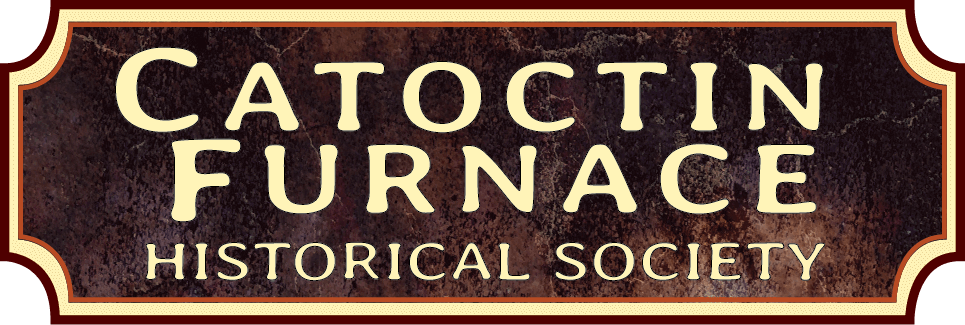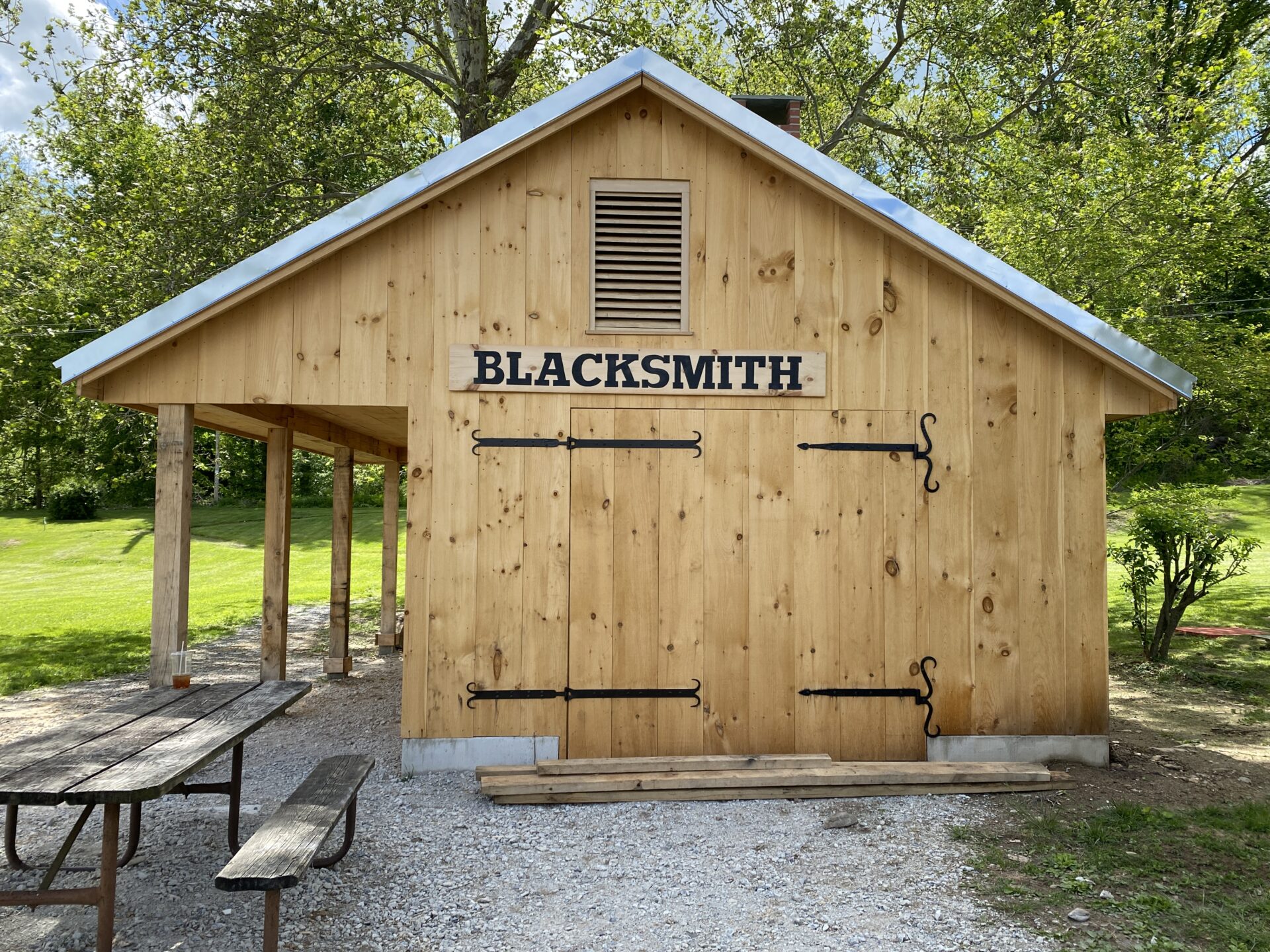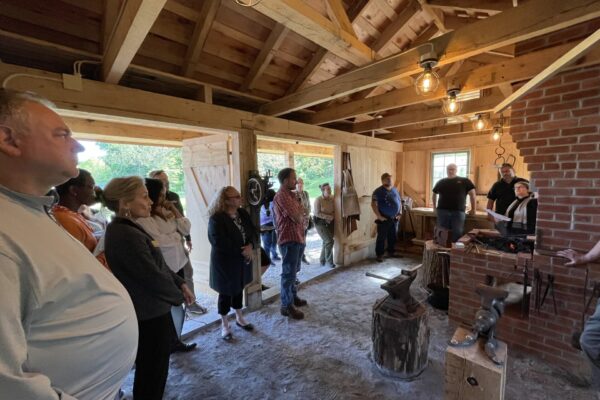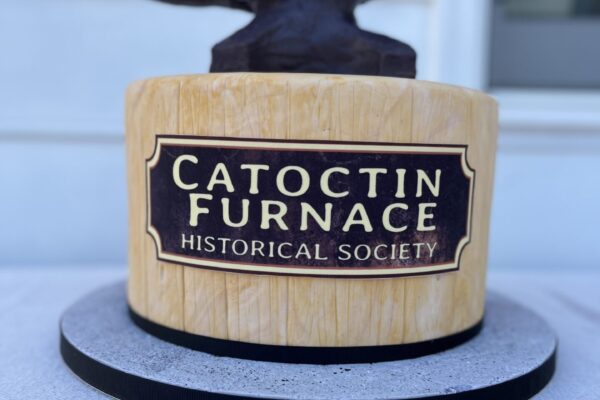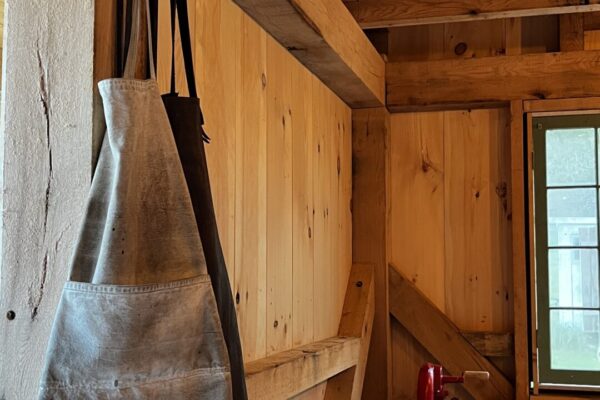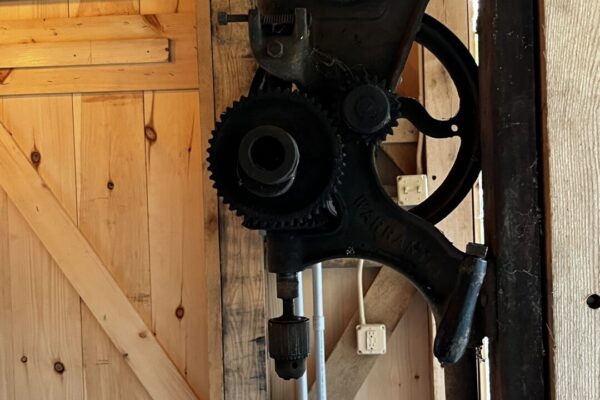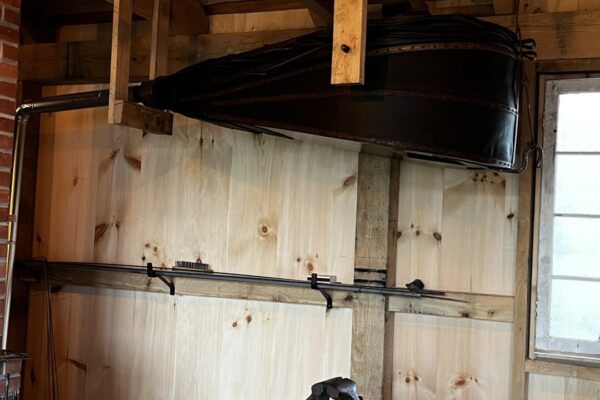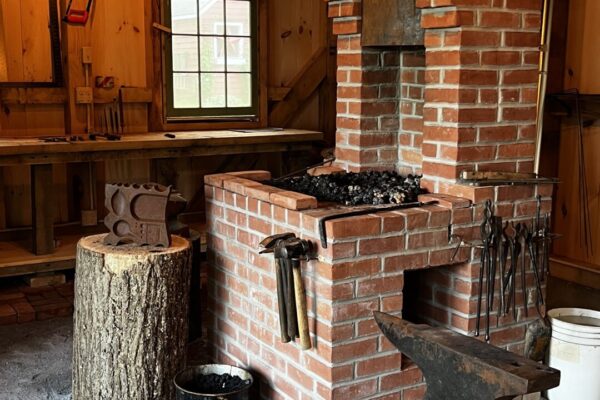Now Open!
Thank you to everyone who brought the Blacksmith Shop to life!
Building the shop:
~ Jeff Morgan and crew – building construction
~ Anvil Masonry – Paul Thrift, Jr.
~ Robert Smith Masonry – Robert (Bobby) Smith) – forge masonry
~ Dave Bittle – Architect
~ Electrician – Huffer Electric: Suzanne Lewis & Kevin Neel
~ Excavator – Randy Lewis
~ Hartman Roofing- Andy Williamson
~ Sign Painting – Elizabeth McGee
~ Windows – Joel Anderson
~ Painting – Jeff Zepp
~ Classic Elegance, LLC – John and Olya Bagger – bellows restoration
Blacksmiths contributing:
~ Steve Dill – hinges
~ Tanner Shorb – hinges
~ Greg Knolls – hinges
~ Jim Maness – hinges
~ Chris Cash – blacksmithing tools
